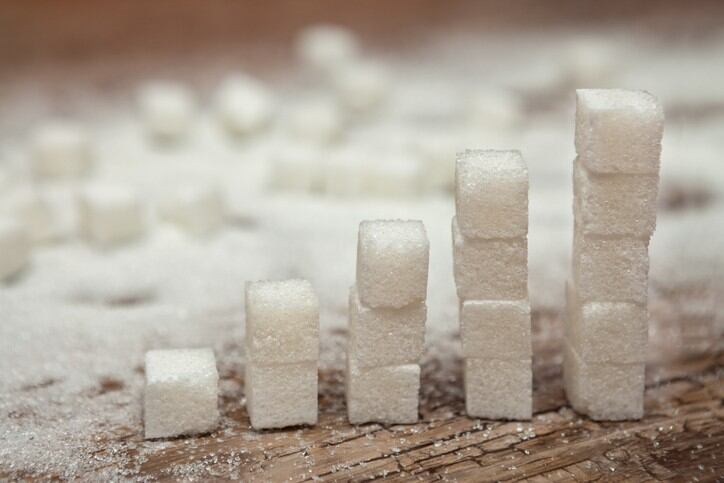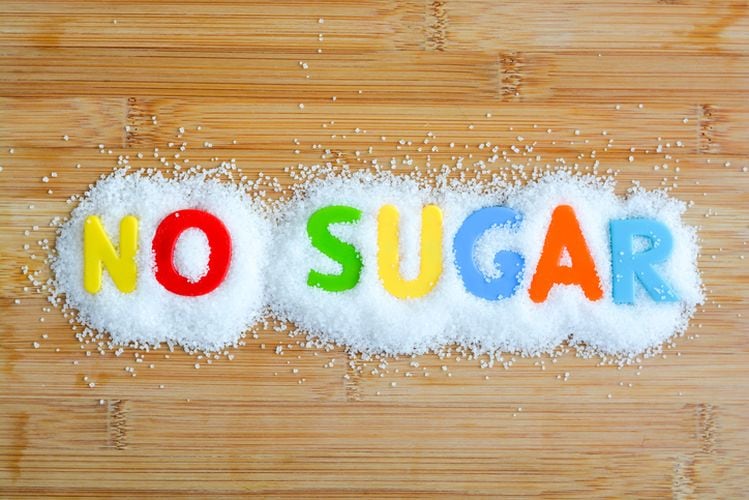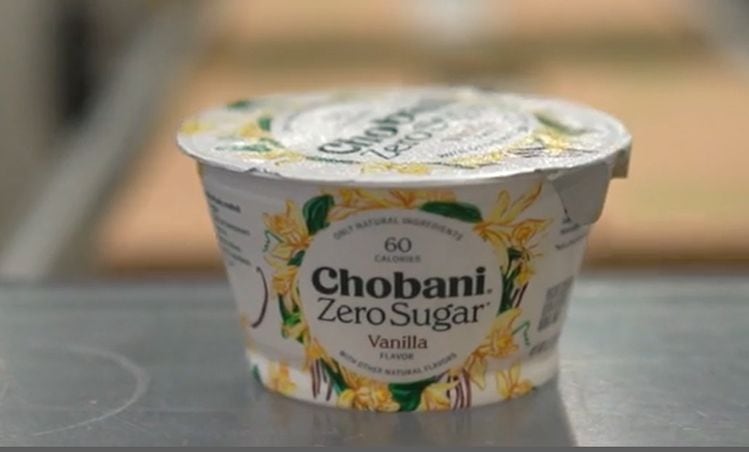The FDA – which said in spring 2019 that the rare sugar allulose does not have to be listed as added or total sugar on food labels, prompting a surge of interest in the sweetener – went on to invite comment on whether other sugars that are not metabolized in the same way as traditional sugars should also be treated differently for the purposes of nutrition labeling.
In its October 2020 request for comment, the agency noted that, “Some sugars (e.g., allulose, D-tagatose, isomaltulose) do not have all of the same effects in the body as traditional sugars… We are interested in learning more about the kinds of sugars that are metabolized differently than traditional sugars and that are used in foods, any distinct physiological effects in the body caused by those sugars, and how we should treat those sugars for purposes of food labeling."
Factors that might be relevant include the pH of dental plaque after consumption, caloric value, and glycemic and insulinemic response, said the agency.
Unilever: ‘Sugars metabolized differently than traditional sugars do not demonstrate consistency with the ‘empty calories’ concept associated with added sugars’
In comments submitted to the FDA, Unilever said other sugars which are metabolized differently than traditional sugars and associated with beneficial physiological effects such as reduced dental caries risk and low or no glycemic and insulinemic impact, should be excluded from the ‘added’ and ‘total’ sugars listings, but still included as carbohydrate.
“By virtue of their physiological benefits, sugars which are metabolized differently than traditional sugars do not demonstrate consistency with the ‘empty calories’ concept associated with added sugars.”
But it added: “Unilever feels that it is important for FDA to clearly state positions on labeling and caloric value for individual sugars which are metabolized differently than traditional sugars - similar to what it has done in guidance for allulose [the FDA says allulose should be listed as 0.4cals/g].
“Establishment of energy values by the FDA will eliminate existing confusion within the scientific community due to a range of values reported in the literature, and lead to uniform general factors for calorie determinations used on Nutrition Facts labels."
General Mills: FDA should define ‘rare carbohydrates’
General Mills echoed Unilever’s core comments, adding: “We propose that ingredients should be defined as rare carbohydrates when they meet all the following criteria:
1. Chemically a sugar (mono- and di-saccharides; excludes fibers or carbohydrates with 3 or more monomeric units)
2. Contains less than 4 kcal/g
3. Low cariogenic potential – based on a pH of less than 5.7 of dental plaque (per the allulose guidance)
4. Elicits a lower glycemic or insulinemic response compared to traditional sugars."
Beneo: 'Isomaltulose is different than traditional sugars in ways that are meaningful to consumers'
BENEO, which makes isomaltulose under the brand name: Palatinose, explained that it is a disaccharide manufactured by the enzymatic rearrangement of sucrose from beets, with 4 calories per gram like regular sugar, but without the same impact on insulin and blood sugar (it has a lower glycemic index and is digested more slowly).
“Although isomaltulose provides the same calories per gram as traditional sugars, its metabolic profile as a slow releasing carbohydrate and its promotion of fat oxidation makes it a better alternative to traditional sugars.
“When consumers see total sugar on the Nutrition Facts panel, they think of traditional sugars…[but] isomaltulose is different than traditional sugars in ways that are meaningful to consumers. Isomaltulose causes a lower level of glucose and insulin response. It promotes fat oxidation which leads to less fat storage. It does not promote dental caries. Therefore, we believe isomaltulose is distinct enough from traditional sugars to warrant exclusion from total sugars.”
While caloric value could be one consideration, said BENEO, it “should not negatively impact FDA’s decision to exclude a non-traditional sugar from the Total Sugars declaration. Carbohydrates serve as a central supply of energy for the body. The WHO recommends that 55-75% of the daily energy intake should come from carbohydrates. [And] some carbohydrates are better than others.”
Tagatose – a non-cariogenic, low-glycemic rare sugar with 92% of the sweetness of sucrose, but only 38% of the calories (it has 1.5cals/gram) – is an attractive alternative to sugar as it has bulk and sugar-like sweetness, with fewer calories and a negligible impact on blood sugar.
Right now, it still counts as sugar on the Nutrition Facts panel, but many industry stakeholders hope the FDA will soon exclude it from the added and total sugars declaration on the Nutrition Facts panel (as it has already done with allulose).
Hershey: Sorbose, ribose, allose, L-arabinose, trehalose, kojibiose
So what other rare carbs aside from tagatose and isomaltulose are part of these conversations?
Hershey is “focusing internal efforts and external investments to develop future breakthrough sugar reduction capabilities,” and recently invested (via its C7 Ventures arm) in a startup called Bonumose that claims it can make rare sugars more efficiently.
In its comments to the FDA, it said: “In addition to allulose, tagatose and isomaltulose, other non-traditional sugars that may have the same effects include the monosaccharides sorbose, ribose, allose, and L-arabinose, and the disaccharides trehalose and kojibiose.
“Although the quality and quantity of evidence with respect to some of these ingredients is limited, we urge the agency to develop guidance on non-traditional sugars as a category that is broad enough to allow for and, indeed, incentivize continued work in identifying and developing these ingredients for commercial use.”
D-allose, D-altrose, D-gulose, D-idose and D-talose
Bonumose, which is currently focused on allulose and tagatose, added: “Bonumose’s novel technology also has the capability to produce rare sugars that are not yet commercially available, such as D-allose, D-altrose, D-gulose, D-idose and D-talose.
“The physiological effects of these sugars have not yet been evaluated in humans. Once they can be produced in sufficient quantity, proper safety testing will be required before considering their use in food. Nevertheless, we take this as an opportunity to introduce them to FDA in anticipation of potential future discussions.”
Bonumose: Some carbs are good for you
Karen Weikel, PhD, director of nutrition science at the company, added: “The nutrition label is a key tool that catalyzes the transformation of consumer perceptions about sugar into a dietary decision. Around the world, sugar… is increasingly becoming associated with negative health outcomes.
“Meeting the criteria suggested above would indicate that a carbohydrate is in fact a beneficial nutrient, one whose incorporation into the diet should be welcomed, not marred by a confusing label.”
American Beverage Association to FDA: Please define ‘low sugar’ for food labeling purposes
The American Beverage Association, meanwhile, took the opportunity to urge the FDA to define ‘low sugar’ for food labeling purposes:
“There are… a wide range of reduced-sugar products, such as beverages, available in the marketplace – including products that contain sugars metabolized differently than traditional sugars - that fall somewhere between zero-calorie or full-caloric beverages.
“These products cannot be promoted as ‘low sugar’ due to lack of an established parameter for such claim. This limitation deprives consumers of information that could help them choose beverages that have meaningfully reduced sugar and would positively contribute to a healthy eating pattern.
“We again urge FDA to establish a regulation permitting ‘low sugar’ claims.”




